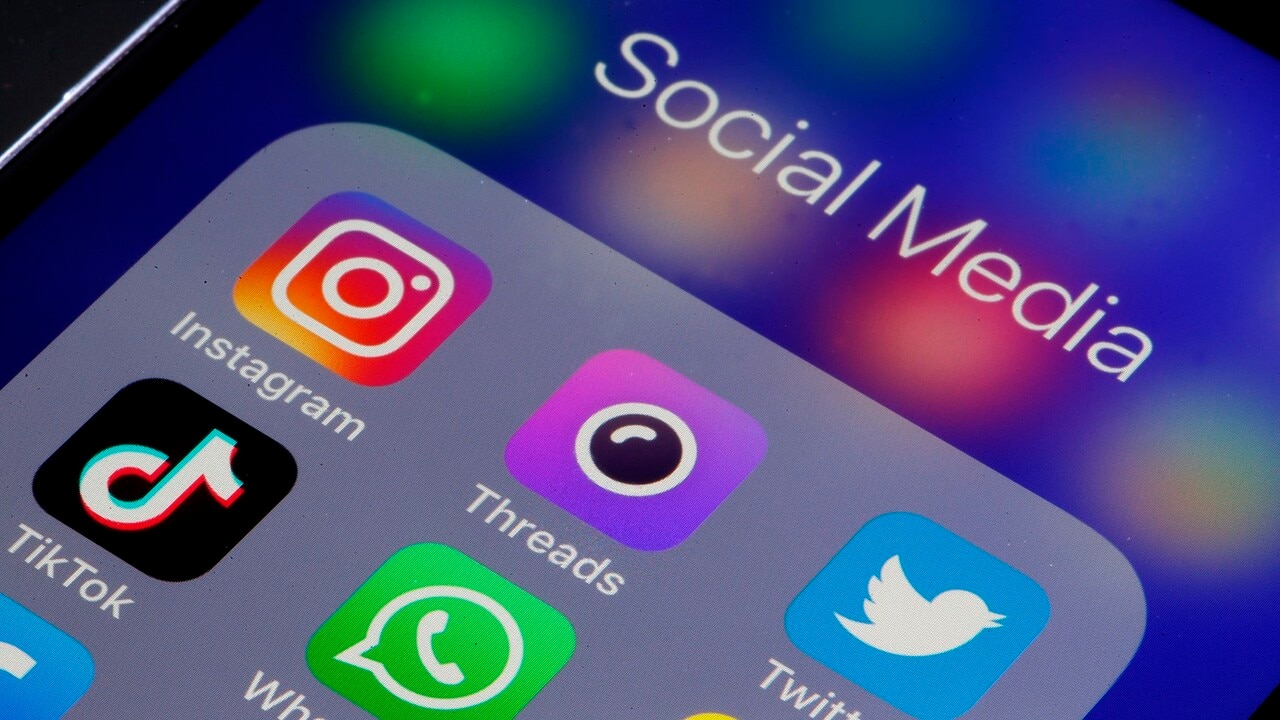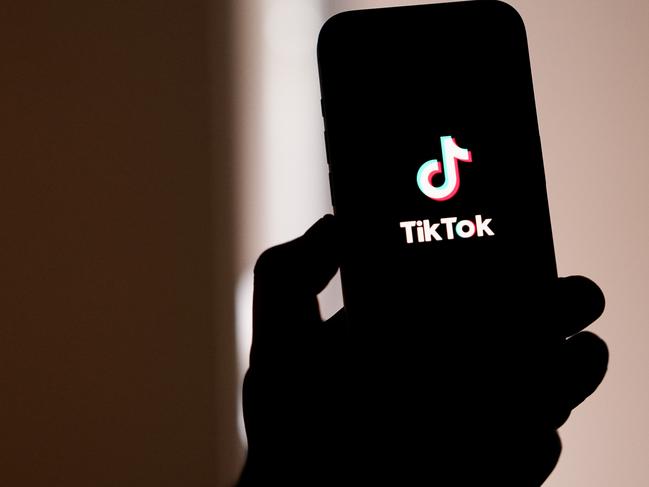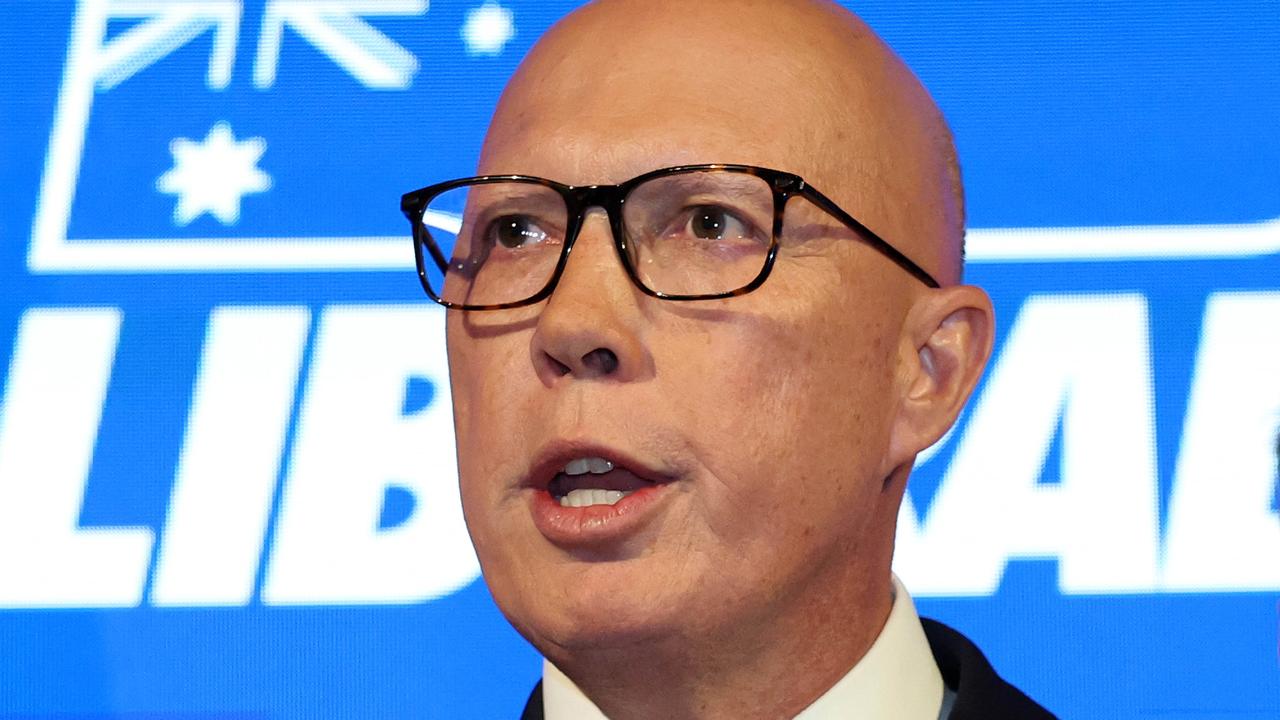Andrew Bolt: Social media ban on under-16s a quick fix
The world-first ban on children under 16 using social media demands tech companies take “reasonable steps”. But who decides what’s “reasonable” and when to prosecute?

Andrew Bolt
Don't miss out on the headlines from Andrew Bolt. Followed categories will be added to My News.
Our federal politicians have been monstrously stupid in passing the world’s first ban on children under 16 using social media.
They’ve treated Australians – especially children – with contempt.
They’ve fooled them with their “democracy”. They’ve insulted them. They’ve proved they have no interest in their opinions.
Let’s be kind. Let’s assume these Labor, Liberal and Nationals politicians really were just worried that social media hurts our young, exposing them to bullies and predators.
How can that justify this farcical process and farcical law that puts us all in danger?
On Thursday a week ago, the government revealed its proposed law to ban children under 16 from using interactive social media sites such as X, Facebook, Reddit and TikTok.
The fix was in. The fraud began.
The government, acting with absurd urgency, allowed only one day for public comment. Even so, 15,000 submissions poured in that Friday, including from social media platforms, psychologists, children’s services, technology experts and children.
The next Monday, the government allowed just four hours of hearings from experts, many warning it was going too far.

Yet on Wednesday, the House of Representatives voted for the ban. Last Friday it was law.
What a con. Not one politician voting for this ban would have read even a quarter of the 1500 submissions. Even as of this Sunday, parliament had published just 107 of them.
All those Australians who’d rushed them in had their time wasted by a government wanting only to create an illusion of “consultation”.
And the Opposition went along with this hoax so Labor couldn’t go to the election boasting it was protecting children and the nasty Coalition wasn’t.
Yet most of the submissions I read – and politicians didn’t – warn this new law will cause more harm than good.
That’s partly because our politicians stupidly voted for a ban without knowing how it works, who it applies to, or what will trigger its $50m fines.
For a start, how will social media companies make us prove our age when this law bans them from demanding a driver’s licence, passport or other government ID?
Melbourne University’s Cybersecurity Research Group warned in its submission that biometric options suggested by the government will “magnify privacy vulnerabilities faced by all Australians” because “biometric data cannot be reset like a password if unintentionally released in a data breach”.
And exactly what sites are banned to the young? Reports suggest YouTube won’t be, but that’s not clear. Strava, an app showing where you’ve gone for a run, probably will be, but what about gaming apps which also allow chat?
Then there’s this law’s ominous vagueness. It demands social media companies take “reasonable steps” to ban the young, but who decides what’s “reasonable”, and when to prosecute?
This gives lots of discretion to governments which may want some excuse to persecute a platform such as X, whose politics it hates.
I agree, children can indeed be hurt on social media. We should do more to protect them, including perhaps by forcing changes to algorithms.
But spare children the sentimentality of the prime minister, who explained his ban with some good-old-days memories in soft-focus: “I want young Australians to grow up happy, active and safe, playing outside with their friends – off their phones”.
Politicians shouldn’t force their childhoods yesterday onto other people’s children today.
More importantly, many of the submissions our politicians didn’t read said social media is actually a great good for many children.
For instance, Bravehearts said “children who struggle with social anxiety can forge positive online connections”, and Children and Young People with Disability Australia said seven in 10 of the kind of children it helped “feel it easier to be themselves online”.
No surprise. A lesbian girl in a small town told one newspaper that without social media she’d feel even more isolated.
The Lidcombe Community Soccer Club, in yet another unread submission, said social media let its children post and chat about their games, and “is vital in terms of building a community, encouraging children and teenagers to engage in a healthy physical activity”.
The Australian Child Rights Taskforce said more than 100 academics with expertise in children’s digital technology had signed its open letter concluding a ban was not “proportionate, reasonable or necessary”.
But our politicians read none of that and just passed a law they couldn’t explain, but believed made them look caring.
Millions of young Australians will disagree, and remember in anger this farce of “democracy” in action.
Originally published as Andrew Bolt: Social media ban on under-16s a quick fix



